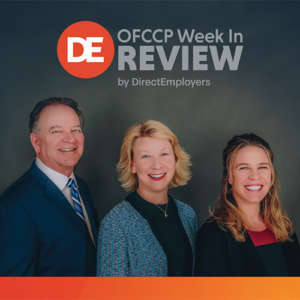
- USDOL Agencies Showcase Resources & Award Programs
- ALERT! OFCCP Made Revisions to the New CSAL!
- Public Awareness Campaign on Paid Sick Leave
- The House of Representatives Is Reportedly Engaging in “Political Theatre”
- National Hispanic Heritage Month
- Revisions to Paid Leave Under FFCRA Now Effective
- DirectEmployers Launched Season Two of Its DE Talk Podcast Series By Discussing AI and the Future of Talent Acquisition
- New Census Data Includes Same-Sex Couple Statistics
- Discover Apprenticeship Campaign Launched
- Rest in Peace Supreme Court Justice Ruth Bader Ginsburg
Monday, September 14, 2020: USDOL Agencies Showcase Resources & Award Programs
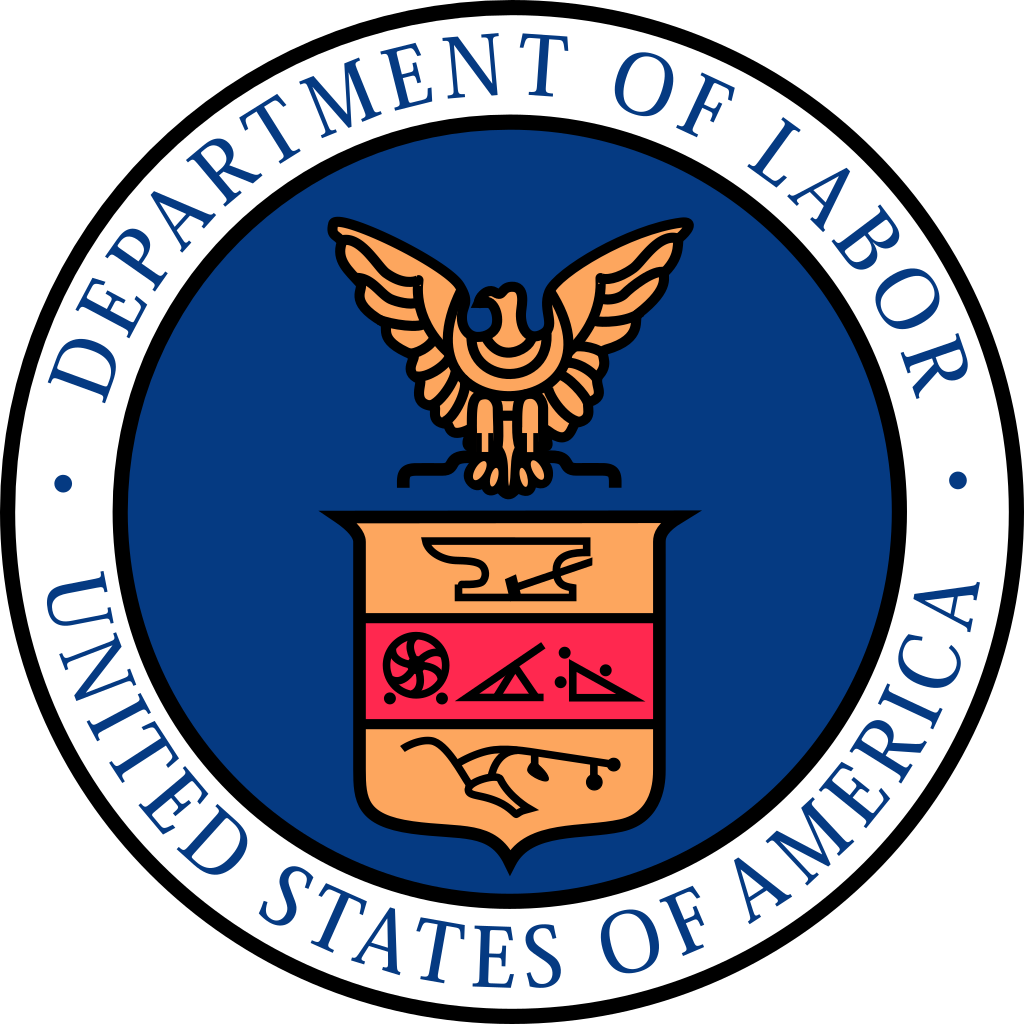
- Wage and Hour Division’s (WHD) Payroll Audit Independent Determination program;
- Veterans’ Employment and Training Service’s HIRE Vets Medallion Award program (this year’s winners will be announced on November 10th!); and
- Office of Federal Contract Compliance Programs’ (OFCCP) Excellence in Disability Inclusion Award
BACKGROUND: On August 28, 2018, U.S. Secretary of Labor Alexander Acosta announced the establishment of the OCI to expand, strengthen and innovate USDOL’s compliance assistance outreach. Since its inception, OCI has reviewed over 1,300 webpages and updated more than 100 resource tools.
Last week’s virtual summit also highlighted the Department’s modernized compliance assistance tools through a conversation with panelists from the Office of Disability Employment Policy, OFCCP, and WHD. All four breakout sessions were “sold out.” Here’s what you may have missed.
From the Office of Disability Employment Policy (ODEP)
ODEP supports employers through its three technical assistance centers: the Employer Assistance and Resource Network on Disability Inclusion (EARN), Job Accommodation Network (JAN), and Partnership on Employment and Accessible Technology (PEAT). ODEP reviewed how its three employer-focused technical assistance centers provide tools to ensure compliance.
- Inclusion@Work Framework, an internationally award-winning multimedia policy tool that outlines seven core components of a disability-inclusive workplace, along with a menu of strategies for achieving them;
- JAN Accommodation Toolkit, a self-service, role-based tool complete with training videos targeted to hiring managers, supervisors, HR professionals, and employees; and
- TalentWorks: Accessible eRecruiting for Employers, the online resource that helps employers, HR professionals, and information technology staff make their e-recruiting technologies accessible to all job seekers – including those with disabilities.
From the Wage and Hour Division (WHD)
The WHD reviewed many of its compliance resources, including:
- modernized compliance assistance offerings, including animated videos, apps, and web tools;
- COVID-19 compliance assistance materials, including FAQs, paid leave eligibility tool, and outreach tools; and
- materials like posters in many different languages.
From the Office of Federal Contract Compliance Programs (OFCCP)
The OFCCP spoke on its VEVRAA Focused Reviews as well as its Ombuds Service. Specifically, how the Agency:
- ensures that protected veterans are not being discriminated against in employment by evaluating hiring and compensation data and reviewing the handling of accommodation requests through its Vietnam Era Veterans’ Readjustment Assistance Act of 1974 (VEVRAA) Focused Reviews; and
- operates to ensure that everyone involved with the OFCCP has access to a neutral and confidential mechanism that operates independently and informally, its Ombuds Service.
From the Veterans’ Employment and Training Service (VETS)
VETS administers and serves as an information resource as to the Uniformed Services Employment and Reemployment Rights Act (USERRA). USERRA guarantees an employee returning from military service or training the right to be reemployed at his or her former job (or as nearly comparable a job as possible) with the same benefits. USERRA applies to virtually all employers, regardless of size, including the federal government.
VETS spoke about USERRA and answered questions regarding Veterans’ Preference.
Monday, September 14, 2020: ALERT! OFCCP Made Revisions to the New CSAL!
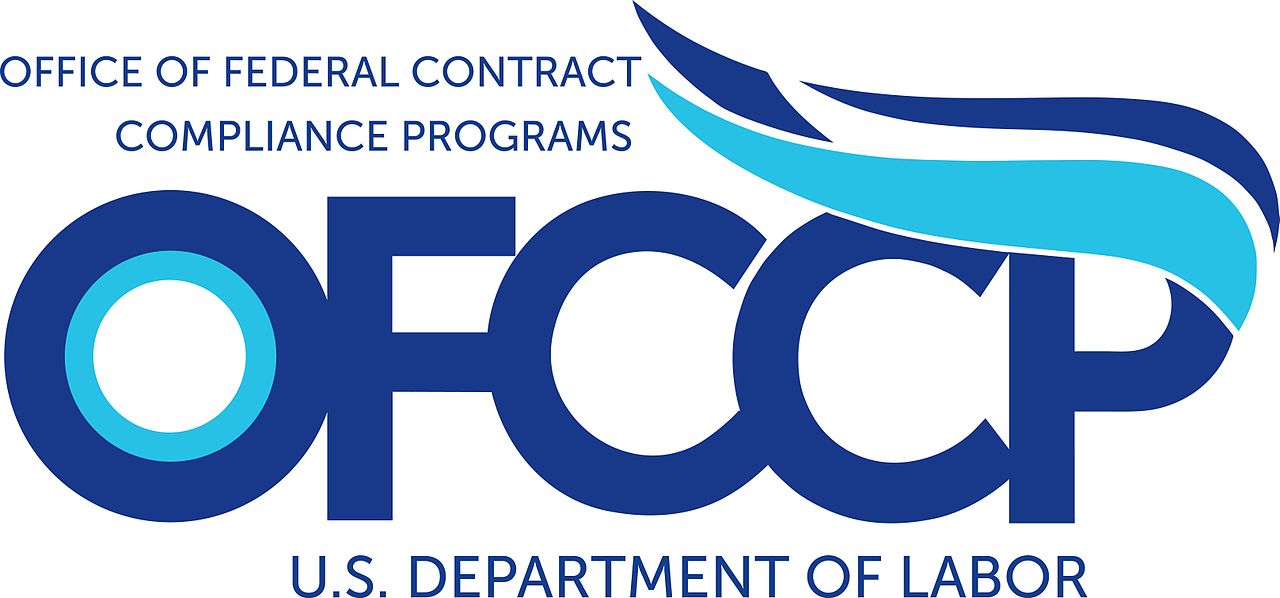
The revisions only affected the Supply and Service List. Here’s what changed.
- The word “Focused” was dropped from the Accommodation, Promotion, and Section 503 Reviews to now refer to them as an “Accommodation Review,” a “Promotion Review” and a “Section 503 Review.”
- There were 79 changes to the types of Reviews some contractors were previously expecting from the original CSAL of two Fridays ago. However, the overall breakdown of the 6 types of audits OFCCP is announcing remains the same (see below).
- There were three changes to the name of a parent company or an establishment
- OFCCP added two new audit locations.
- OFCCP deleted two duplicate audit locations.
Editor’s Note: OFCCP’s decision to drop the word “Focused” from three of its six types of announced audits suggests that OFCCP’s intent is to use the existing OFCCP audit Scheduling Letter (for full-fledged “Compliance Reviews”) as the audit Scheduling Letter to initiate the coming new Accommodation Reviews, Promotion Reviews and Section 503 Reviews. While OFCCP does not have OMB (Office of Management and Budget) approved audit Scheduling Letters for these three new kinds of OFCCP audits, it appears that OFCCP believes that IF it has OMB authority to do the greater (a full-fledged A-Z Compliance Review of Executive Order 11246, Section 503 and VEVRAA issues), it can therefore do the lesser by simply not allocating any resources during these audits to anything but Accommodations, or Promotions or Section 503 issues. We have previously observed OMB take a different point of view from time-to-time and to insist upon a new review and approval of each unique and different type of letter (so as to properly measure an agency’s compliance with the several Paperwork Reduction Act requirements directing OMB, among others, to approve every writing a federal Executive Branch agency sends to ten or more members of the public). So, contractors will have to wait to see if OMB approves three new OFCCP audit Scheduling Letters (thus delaying OFCCP’s deployment of these three new forms of audit) or whether OMB will simply allow OFCCP to cut down in scope and use its existing approved (full Compliance Review) audit Scheduling Letter.
There are still 2,250 Reviews on the Supply & Service List, comprised of:
- 500 – Accommodation Reviews
- 500 – Promotion Reviews
- 500 – Compliance Checks
- 250 – 503 Focused Reviews
- 402 – Establishment Reviews
- 67 – CMCE (Corporate Management Compliance Evaluations)
- 31 – FAAPs (Functional Affirmative Action Programs)
Today: Monday September 21, 2020: OFCCP published a one-page notice on its website and pushed an e-mail to those who subscribe to OFCCP’s news releases reporting the changes it had quietly made to the CSAL last Monday (September 14). Fearing a breach of OFCCP Director Craig Leen’s transparency pledge to contractors, OFCCP now explains that:
“After the CSAL was published, it came to our attention that it was compiled from a draft version of the scheduling list that had not included a cap of five establishment reviews, excluding focused reviews and compliance checks. Once this error was identified, OFCCP published an updated CSAL based on the correct and final version of the scheduling list. This CSAL was published on Monday, Sept. 14, 2020. OFCCP made no changes to the individual establishments included on the scheduling list. The error only impacted the type of review notated on the CSAL.”
OFCCP’s September 21 notice also clarifies a question we received from many Members and partners as to whether OFCCP’s self-imposed cap of “five establishment reviews” per company per CSAL counted “focused reviews” and “compliance checks” in the five-audit cap. OFCCP’s answer is “no”, so a company could have five establishment reviews (meaning full-fledged Compliance Reviews”) and could also have additional focused reviews and compliance checks…for a total of more than five OFCCP “instigations” of one type or another simultaneously underway.
Thank you to the FisherPhillips law firm for noticing the quiet change and for breaking this story last Wednesday and the National Industry Liaison group for crunching the details on Friday!
Tuesday, September 15, 2020: Public Awareness Campaign on Paid Sick Leave
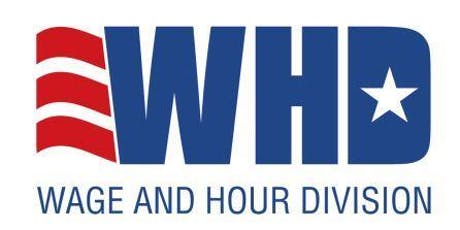
Other efforts will reportedly include TV ads, radio spots, billboards, educational videos, digital guides, and social media messaging. The outreach highlights employer and employee responsibilities and encourages those with questions or concerns about leave or pay to contact their local WHD office. The campaign’s radio spots are currently airing and have reached more than 12 million listeners nationwide. Similar TV spots will begin airing this fall.
Tuesday, September 15, 2020: The House of Representatives Is Reportedly Engaging in “Political Theatre”
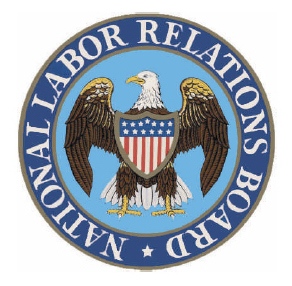
The NLRB rejoined the subpoena by noting it had historically denied disclosure of the types of internal documents the Committee now seeks. According to the Agency, disclosure of these pre-decisional documents would discourage agency employees from providing candid advice and undermine the internal deliberations of the Board. The NLRB asserts that it has “made every effort to work with the Committee, producing thousands of documents pursuant to dozens of requests.”
NLRB Chairman John F. Ring said: “The NLRB has been fully cooperative with the House Education and Labor Committee. The Committee knows it is not entitled to the documents it is demanding. No Board, regardless of political party, has allowed the disclosure of such deliberative matter-specific documents. This is a made-up controversy solely for political theatre.”
Tuesday, September 15, 2020: National Hispanic Heritage Month
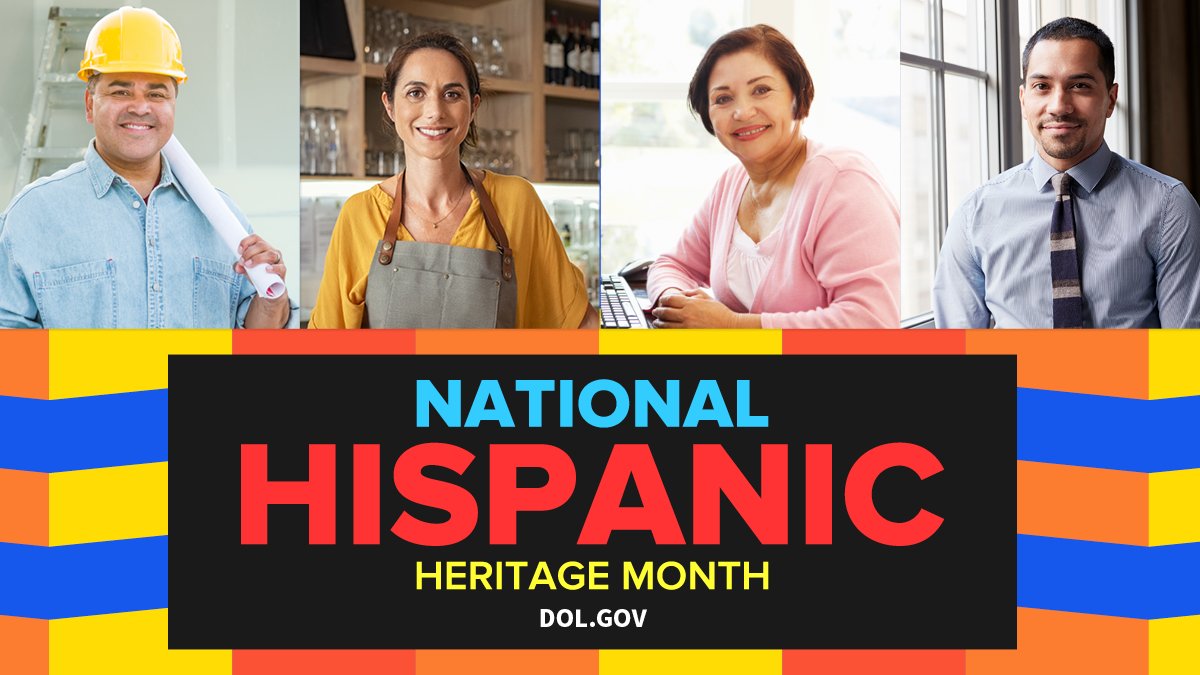
Looking for ways to celebrate? Check out Good Housekeepings “10 Best Hispanic Heritage Month Activities,” or take it a step further and see Scholoastic.com’s daily calendar of activities.
Wednesday, September 16, 2020: Revisions to Paid Leave Under FFCRA Now Effective

WHD has posted a Temporary Rule in the Federal Register which is effective September 16, 2020, through December 31, 2020. See our Week In Review story on Friday, September 11, 2020: WHD to Revise Paid Leave Requirements Under FFCRA, for a breakdown of the revisions.
Wednesday, September 16, 2020: DirectEmployers Launched Season Two of Its DE Talk Podcast Series By Discussing AI and the Future of Talent Acquisition
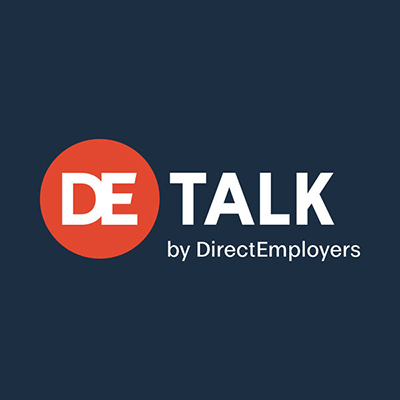
Peter and Shannon dove right into the issues: How can we keep humans in the loop to ensure that the human factor remains in HR while also embracing all the benefits AI has to offer? Tune in to see how HR leaders can address change now by embracing technology and automation, and what, in Peter’s opinion, is the greatest danger that exists for the talent acquisition field. {Hint: his answer might surprise you!}
While on air, Peter took a moment to share information on an upcoming virtual conference DirectEmployers and TAtech will co-host November 12-13, 2020: “Strategic Conversations About Talent Acquisition – How Must the Funnel Change?” This event will be very interactive with fireside chats between industry experts and diverse HR practitioners.
Thursday, September 17, 2020: New Census Data Includes Same-Sex Couple Statistics
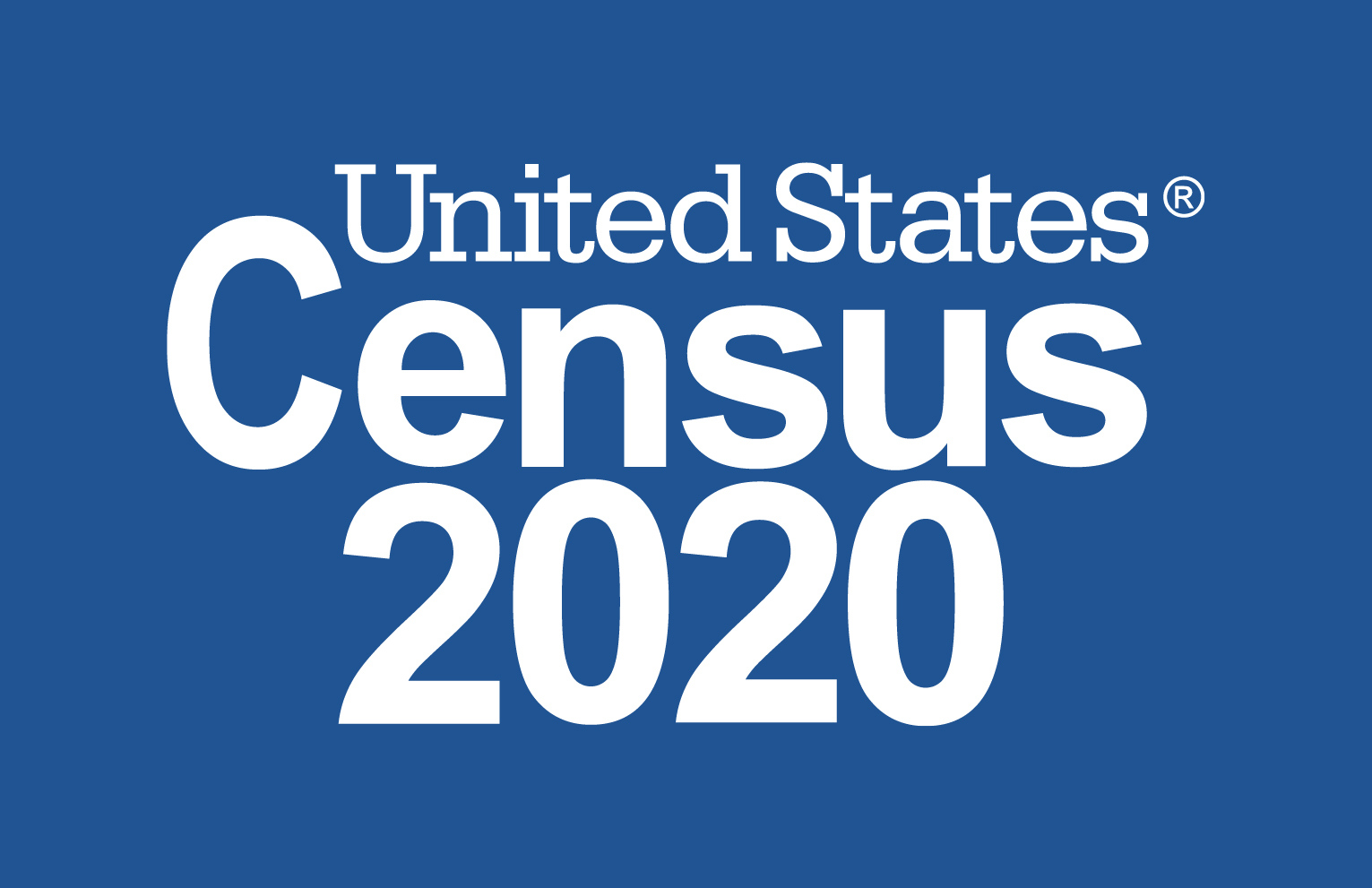
“American Community Survey estimates serve as ‘America’s mirror’ by providing a detailed look at how communities are changing and what must be done to meet the unique needs of their residents,” explained Donna Daily, chief, American Community Survey Office. “People across the nation use ACS estimates to make critical planning decisions every year, including how to respond to emergencies such as the COVID-19 pandemic. Additionally, this data can serve as a pre-crisis benchmark for future research.”
Did You Know In 2019…
- the median household income was $65,712. Real median household income in the United States increased 4.5% between the 2018 and 2019 ACS (“Real” median household income is adjusted for inflation)
- 9.2% of people, or 29.6 million, were not covered by health insurance at the time of the interview, up from 8.9% and 28.6 million
- about 980,000 households in the United States were same-sex couple households; approximately 58% were married couples, and about 42% were unmarried-partner households
- among both married and unmarried same-sex couples, there were more female-couple households than male-couple households in 2019
Check Out These Cool New Tools!
The Census Bureau’s ACS Digital Data Wheel allows users to explore and compare social, economic, housing, and demographic characteristics from all states, U.S. congressional districts, and metropolitan statistical areas.
Two interactive visualizations allow you to explore ten key statistics for your state or metropolitan statistical area:
- What can you learn about states from the American Community Survey?
- What can you learn about metro areas from the American Community Survey?
The visualization “Coupled Households in the United States: 2019” shows the geographic distribution of married- and unmarried-couple households in the United States. This visualization also highlights 2019 content changes involving same-sex and opposite-sex households.
Other visualizations include interactive U.S. state maps that allow you to explore income and poverty data by state.
Note: The 2019 ACS was collected before the COVID-19 pandemic, and therefore does not reflect the economic changes that began in February 2020.
Friday, September 18, 2020: Discover Apprenticeship Campaign Launched

The campaign encourages job seekers to consider apprenticeship opportunities found at the Department’s online Apprenticeship Job Finder. Launched in August 2018, with the help of DirectEmployers and the National Association of State Workforce Agencies (NASWA), this resource offers access to more than 20,000 open apprenticeships and more than 3,500 organizations in the U.S. (and territories) in a variety of industries, including advanced manufacturing, healthcare, and information technology.
Apprenticeship Facts
- Since Jan. 1, 2017, over 800,000 Americans have found employment through an apprenticeship
- More than 90% of workers who complete an apprenticeship earn an average of $70,000 annually
- 94% of those who complete an apprenticeship are retained for employment
Friday, September 18, 2020: Rest in Peace Supreme Court Justice Ruth Bader Ginsburg
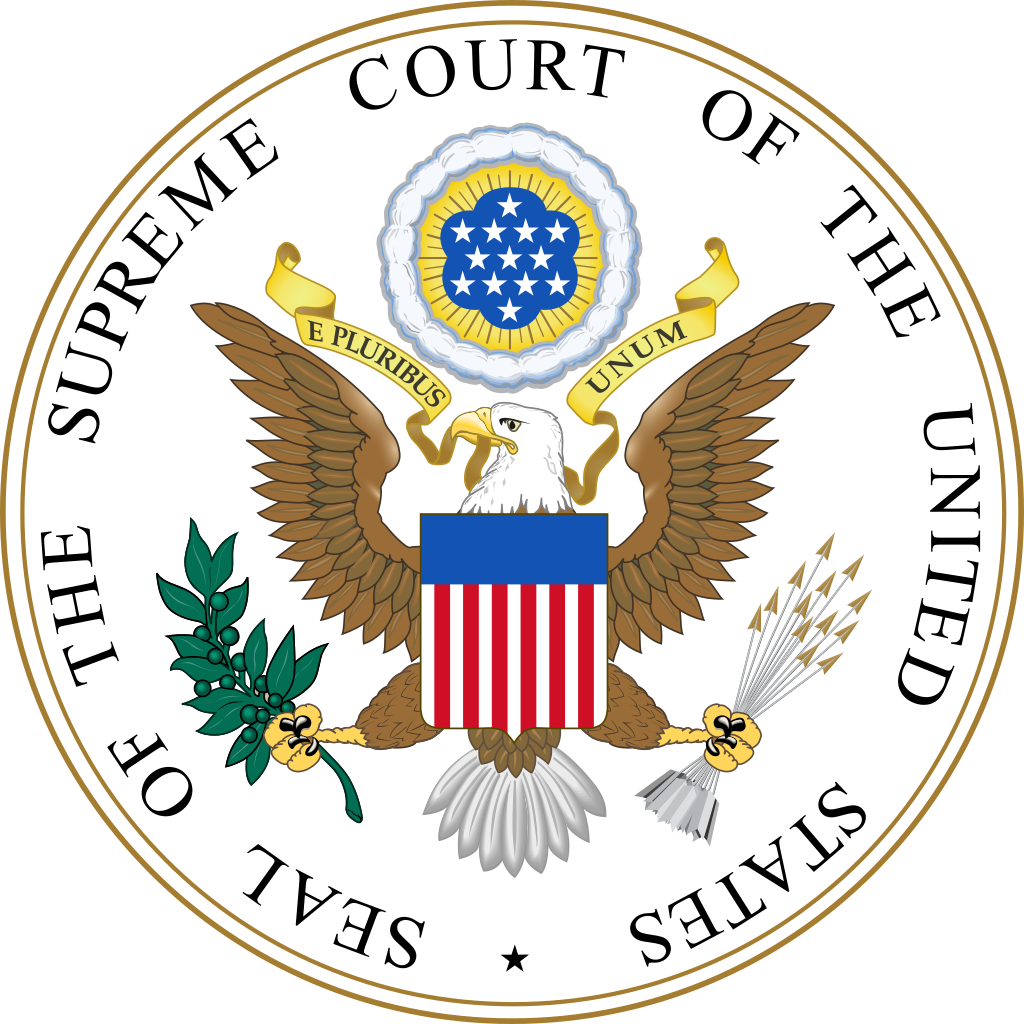
“To make life a little better for people less fortunate than you, that’s what I think a meaningful life is. One lives not just for oneself but for one’s community.” ~ Justice Ruth Bader Ginsburg
See CNN’s top 10 RBG quotes, showcasing the brilliance, passion, openness, and resilience of this remarkable woman.
THIS COLUMN IS MEANT TO ASSIST IN A GENERAL UNDERSTANDING OF THE CURRENT LAW AND PRACTICE RELATING TO OFCCP. IT IS NOT TO BE REGARDED AS LEGAL ADVICE. COMPANIES OR INDIVIDUALS WITH PARTICULAR QUESTIONS SHOULD SEEK ADVICE OF COUNSEL.
SUBSCRIBE.
Compliance Alerts
Compliance Tips
Week In Review (WIR)
Subscribe to receive alerts, news and updates on all things related to OFCCP compliance as it applies to federal contractors.
OFCCP Compliance Text Alerts
Get OFCCP compliance alerts on your cell phone. Text the word compliance to 55678 and confirm your subscription. Provider message and data rates may apply.
